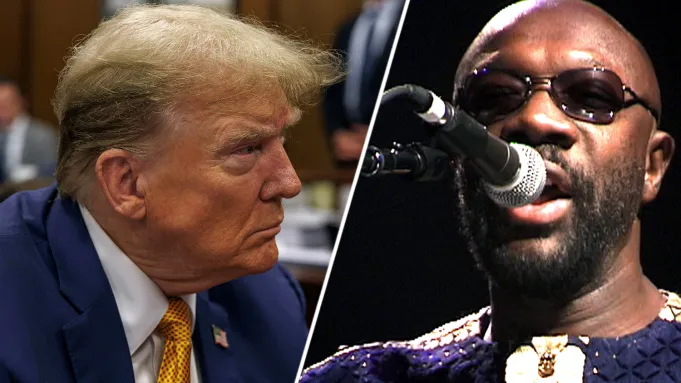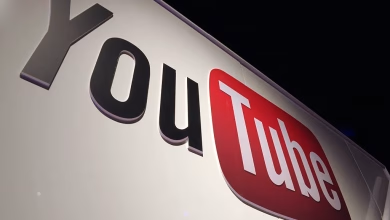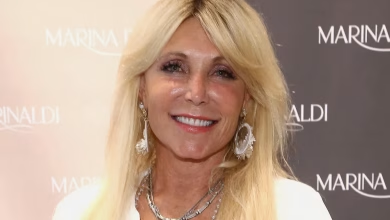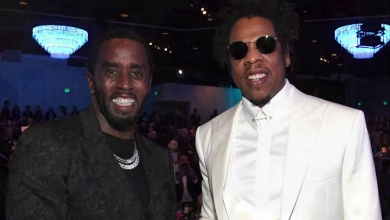US Judge Orders Trump Campaign to Cease Use of Isaac Hayes’ Song

- Judge orders Trump campaign to stop playing Isaac Hayes' song
- Hayes' family alleges campaign used song 134 times without permission
- Campaign faces $3m lawsuit over unauthorized use of 1966 soul classic
A US judge has mandated that Donald Trump’s campaign stop using the song “Hold On, I’m Coming” at his rallies following a lawsuit filed by the family of Isaac Hayes, the song’s co-writer.
The ruling by Judge Thomas Thrash in Georgia bars the Trump campaign from playing the iconic track at future events until the legal dispute is resolved. The song, originally made famous by the soul duo Sam and Dave in 1966, has been a regular feature at Trump’s rallies, including at the Republican National Convention in July.
The lawsuit, initiated by Hayes’ family, claims that Trump’s campaign ignored multiple requests to cease using the song. However, the judge did not grant a request to remove recordings of past events where the song was used.
Isaac Hayes III, the son of the late musician, expressed satisfaction with the court’s decision. He stated outside the Richard B Russell Federal Courthouse in Atlanta, Georgia, “We have to take a stand that we want to separate ourselves from someone with Donald Trump’s character. This is not a political issue, this is a character issue.”
Trump’s lawyer, Ronald Coleman, confirmed that the campaign has agreed to halt further use of “Hold On, I’m Coming,” noting that Trump has since reverted to playing the Village People’s “YMCA” at rallies. Coleman expressed relief that the court did not order the removal of existing videos, stating, “We’re very gratified that the court recognised the First Amendment issues at stake and didn’t order a takedown of existing videos.” He also hinted at a possible settlement, saying, “Before we left court, we spoke to the Hayes’ attorneys and to Mr. Hayes III, about trying to work something out. We want this to be as cooperative a process as possible going forward.”
Isaac Hayes co-wrote the song in 1966 with Dave Porter while working at Stax Records. Hayes, who passed away in 2008, was a Grammy and Oscar-winning artist known for hits like “Shaft” and “Walk On By.” His estate is seeking $3 million in licensing fees for the song’s repeated use from 2022 to 2024.
Trump’s legal team contends that the Hayes estate does not hold the copyright for the song and that the campaign had permission to use it. This claim has been contested by Hayes’ family, who describe the argument as “erroneous.”
The use of artists’ songs at political rallies has faced pushback from numerous musicians as the US presidential election approaches. Recent objections have come from Abba, Foo Fighters, Jack White of the White Stripes, Celine Dion, and Johnny Marr. However, legal challenges often face prolonged delays.
In a related case, Guyanese-British singer Eddy Grant is scheduled to have his lawsuit against Trump over the unauthorized use of his song “Electric Avenue” heard in a Manhattan court this Friday. Grant’s complaint, which dates back four years, concerns a 2020 campaign video that featured a 40-second clip of his song. Grant claims he is owed $300,000 in damages. Trump’s lawyers have similarly disputed Grant’s claim to the song’s copyright.






